Jonathan Dodd‘s latest column. Guest opinion articles do not necessarily reflect the views of the publication. Ed
OK. It’s time to do the fastest blog/column ever. Or rather, there isn’t enough time to spare, and every moment that ticks by just decreases the time that’s left to complete it before the time runs out. I always liked that phrase, time running out. As in of the door, down the road, trailing bits of metal or sand.
Of course, that assumes that time and clocks are the same, which plainly isn’t true. Clocks are just ways for us to measure the time going by. I sometimes wish that clock faces could show us more than just a set of numbers or hands rotating. Clever as they are, they miss the point entirely, in my view. There should be a way of measuring how fast or slowly the time is going by. Very slowly, as in rainy cold summer holiday days, or horribly fast, as in the entire twenties-to-fifties decades.
President Assad’s snoozes or Sudoku sessions
There should also be a way of defining how well our time is being used. Does Sudoku count as time well-spent? Or a snooze in the afternoon? That would depend on your attitudes towards good and bad, or not. I imagine the leader of a brutal regime’s snoozes or Sudoku sessions would be excellent time management, because that would be less time spent having people killed.
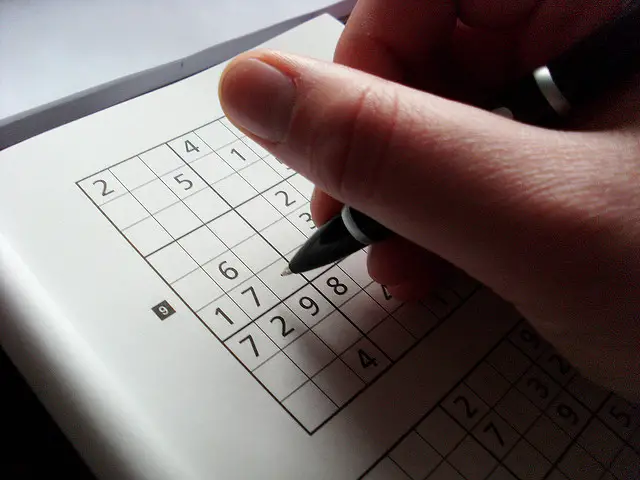
On the other hand, spending a lifetime working in a job that made you ill might be seen as bad time, unless you managed to bring up several very successful children or used the remaining time to invent something useful. It’s all just so confusing.
Usually it’s just bad or cynical behaviour
We are in the middle of yet another international crisis, brought on by bad politics and economic management, which usually translates into people either stealing money or spending it on projects that make things worse. Occasionally these are embarked on for good reasons, but usually it’s just bad or cynical behaviour, like our government giving trade vouchers to dictators which can be exchanged for armaments, which keep jobs going in factories in key seats.
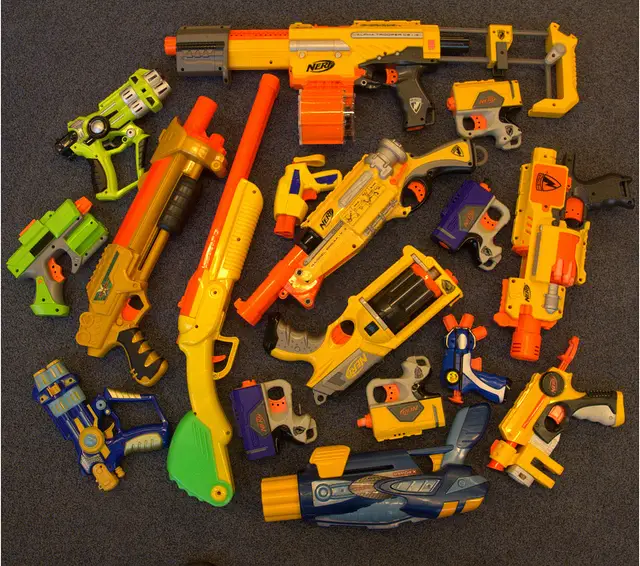
Personally, I would have thought that closing any armaments factory would be a step in the right direction. If we stopped making guns none of these tinpot dictators would be able to use them against their own people, or us. I remember how my young heart sobbed when I discovered that most of the German wire between the lines of trenches in the First World War had been made in Britain.
Scratch the skin of any politician
How do we know whether we’re spending our money, or our time, or our talents, or our love, well? The answer is that we don’t. For instance, I suspect that if you were to scratch the skin of any politician you would discover a burning desire to become a leader, either to be able to change things or just because of ambition.

This desire has to sustain them for a lifetime, until the day when their dream comes true, or when they realise they’ve reached their ceiling. I wonder how they feel when that happens. Do they accept that they have been able to achieve a lot, or that they’ve failed and all those years turn to ashes in their mouths? And even if they manage to get to the top, can they still remember what they hoped to achieve?
He would try to finish the field
I once heard a story, about asking lots of people what they would do if they knew the world was going to end tomorrow. Lots of people had grand or mad ideas, but there was a man ploughing, following his horse, who said he would try to finish the field. Was that a good idea, or just a lack of imagination?
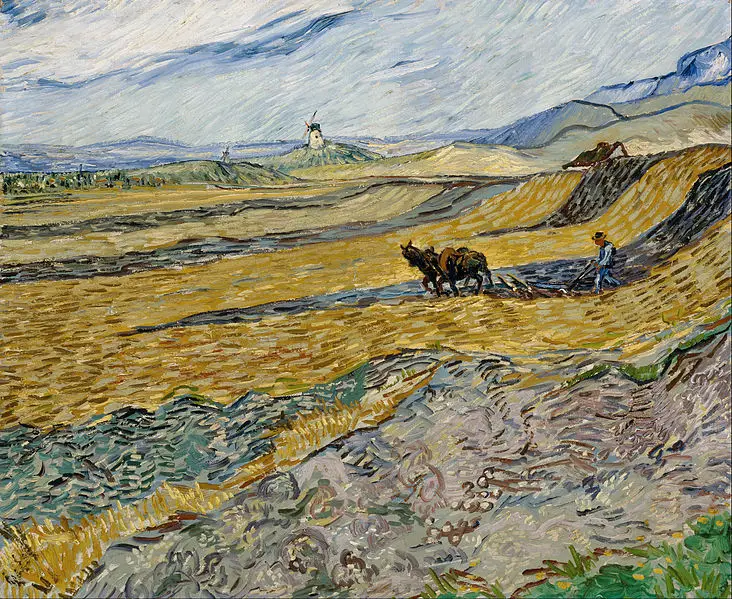
I also heard there’s very little difference between courage and stupidity. In the heat of the moment, people can do things that appear to be incredibly stupid or reckless, most often, I suspect, because they don’t have time to think about it first. The brave person actually knows the risks, and does it anyway, because they believe it’s the thing they should do.
The rest don’t even fire their guns
I also once heard that armies train constantly to try to make their soldiers obey orders in battle. The truth, apparently, is that only about 20% of soldiers actually get on with the job of fighting in a battle. Of the rest, about half discharge all their bullets in the first couple of minutes, and the rest don’t even fire their guns. There’s no way the army authorities can predict what any individual will do at the moment of truth.
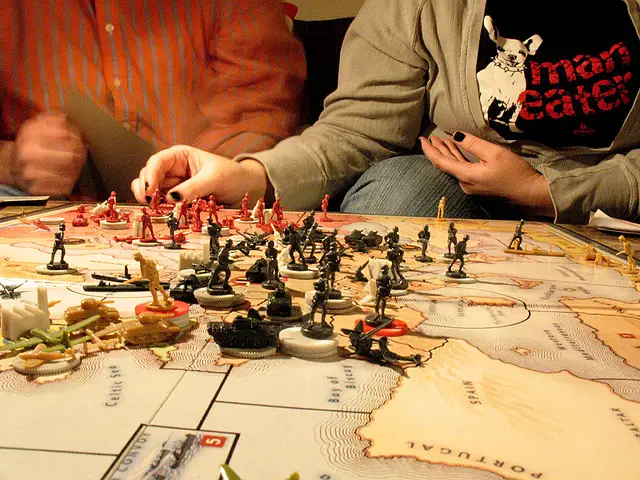
All of these extreme situations just highlight a daily set of decisions we make about our lives and whether we’re living well or not. We’re lucky, because we’ve managed to find ourselves in a more-or-less safe environment. We choose where to shop, either by inclination or because we’re constrained by the availability of money, but we don’t starve. We take walking down the street for granted, and the dedication of teachers.
The luxury of being allowed to complain
We believe that the police in our country are not perfect, but actually pretty good compared to a lot of countries. We complain about our politicians, but we can vote them out if we want to, and sometimes they do go to prison for bad behaviour. We expect other road users to obey the laws and speed restrictions. Our water never stops running, our electricity is always there. People don’t need to be armed when they travel, and train passengers arrive at their destinations. We have the luxury of being allowed to complain.
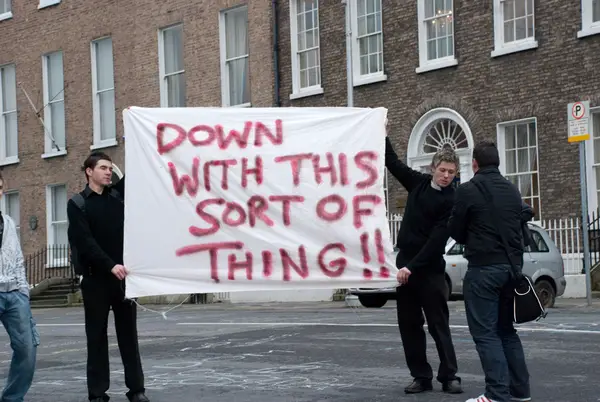
There’s a lot of complaining going on at the moment about the people fleeing Africa and the Middle East. What we need to think about is what would have to happen to us to cause us to pick up what we could carry and start walking towards another country. How frightened or damaged would we have to be to give all our remaining money to people with guns and dodgy boats just to get out of one country to another, risking our lives and those of our children, in the hope that life will become safer, or less awful?
We can only go by what feels right.
Whatever our own personal tipping point would be, all these people have gone beyond that some time ago, and they’re on the move, towards what they perceive as safety, or at least less danger. I don’t have any good ideas about what we should do about it, except to say that there used to be an organisation called the United Nations, created by all the countries of the world for just such crises. What happened there? Did we manage to mismanage that too? The thing that I do know is that these terrified people are not going to stop coming, and we, as in the Western comfortable countries, are going to have to deal with it all one way or the other.
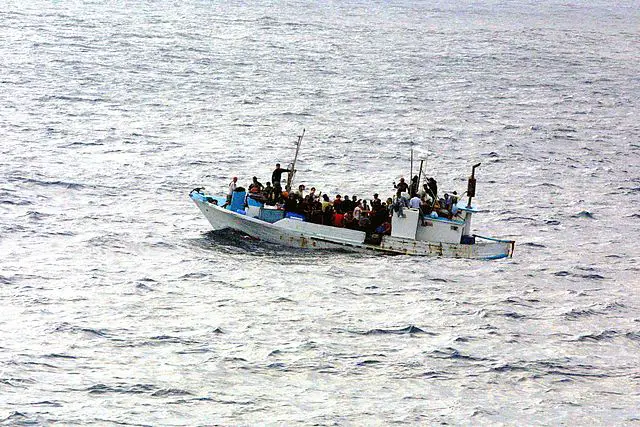
We can’t fudge the issue, it doesn’t matter whether we decide that they’re all just coming over here to steal our benefits, or that this is a huge humanitarian issue, or that they’re victims of violence and torture and terror. They’re coming our way in huge numbers, asking for our help, and they’re not going to stop.
I always felt that in the absence of evidence that one choice is better than another, we can only go by what feels right. And helping these people feels right. There by the grace of our own specified personal deity, or the blind forces of chance, goes each and every one of us. Otherwise we’re just burying our heads in the sands of time, and they’re running out.
If you have been, thank you for reading this. I think it took 37 minutes, but I forgot to check.
Image: Ryan Somma from Occoquan, USA (Sands of the World) under CC BY 2.0
Image: 01-17-05_t-m-b under CC BY 2.0
Image: dvanzuijlekom under CC BY 2.0
Image: Phillip Williams under CC BY 2.0
Image: Public Domain
Image: skalasinc under CC BY 2.0
Image: didbygraham under CC BY 2.0
Image: Public Domain under CC BY 2.0





